Mernda: Population, history, sights, shopping, fashion and crime
From dairy farms that supplied milk to Melbourne to the historic watering hole The Bridge Inn Hotel, the suburb of Mernda has a rich history. Here’s a look at postcode 3754.
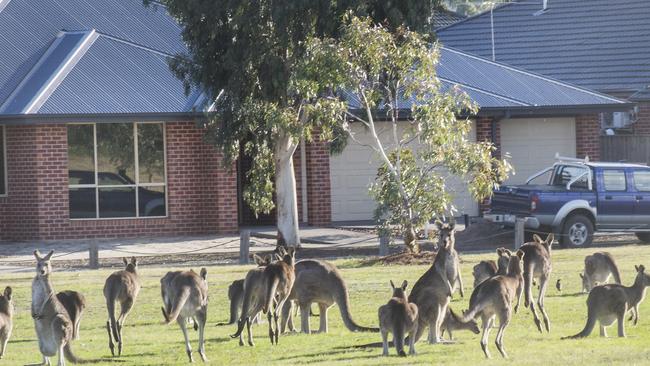
North
Don't miss out on the headlines from North. Followed categories will be added to My News.
From humble beginnings as small country town, Mernda is now one of the fastest growing suburbs in Melbourne.
Part of the Whittlesea Council area, Mernda means young girl (derived from murnmurndik) in Woiwurrung, the local language of the Wurundjeri people.
According to the council, by 2036 it is estimated that the population of the suburb will increase by about 68 per cent from 16,800 (in 2015) to an estimated 28,200.
According to the council history of the suburb, Europeans settled in the area in the 1840s and the land was mainly used for dairy farming.
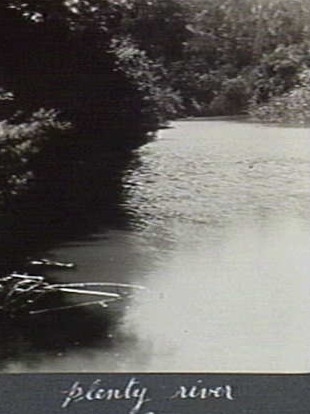
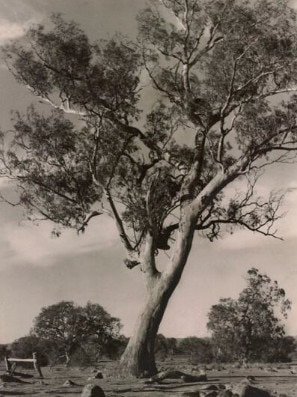
In the early 1900s there were many dairy farms in Mernda that supplied milk to Melbourne.
The Bridge Inn Hotel has been serving the local community since the 1890s.
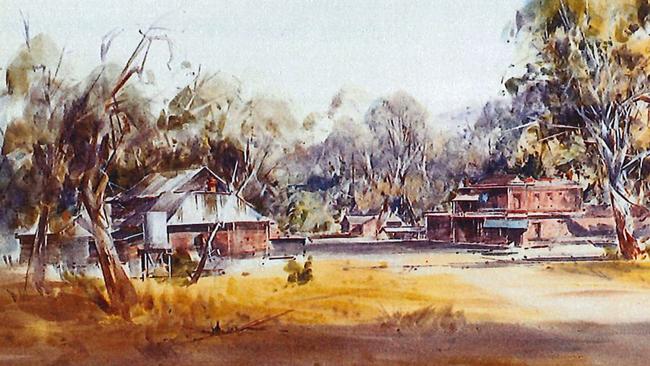
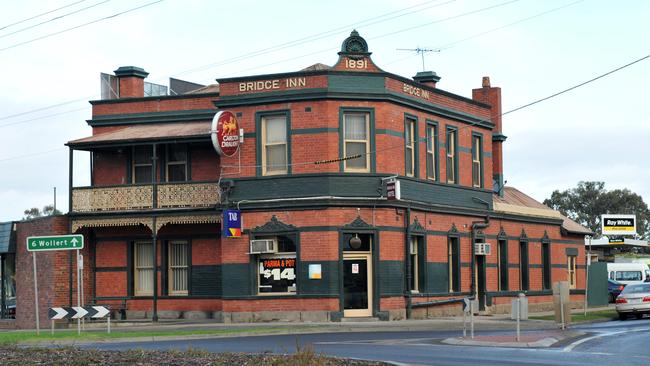
The suburb is also home to the historic Mernda Bakery Cafe, now known as Turners Bakehouse Eatery.
It was built in the late 1890s by Charles and Stephenson Tuner, and today is still selling breads, pies and pastries.
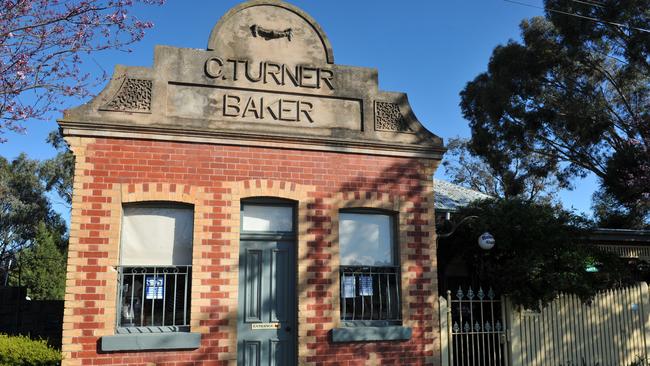
Mernda Park Primary School opened in 2017, along with Mernda Central College to Year 7 students. The College will grow to Year 12 in 2022.
Mernda police station opened the following year.
In 2018 the State Government opened the Mernda rail extension.
The extension of the South Morang line to Mernda involved 8km of new rail line and three new stations, including Mernda Station on Bridge Inn Rd.
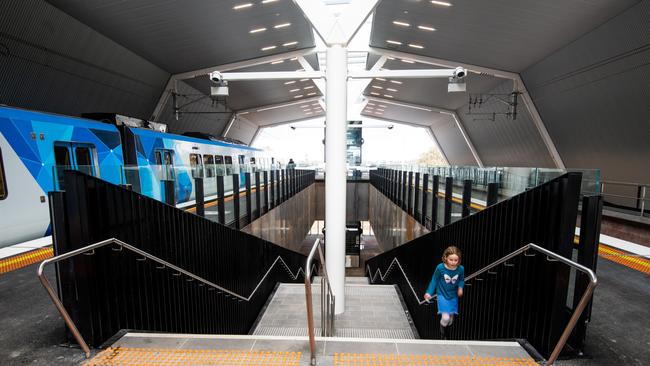
Mernda also has a large population of kangaroos, which has caused havoc on the city’s train network.
And a mob of roos was left stuck in a Mernda paddock for more than a year thanks to a government department’s inaction.
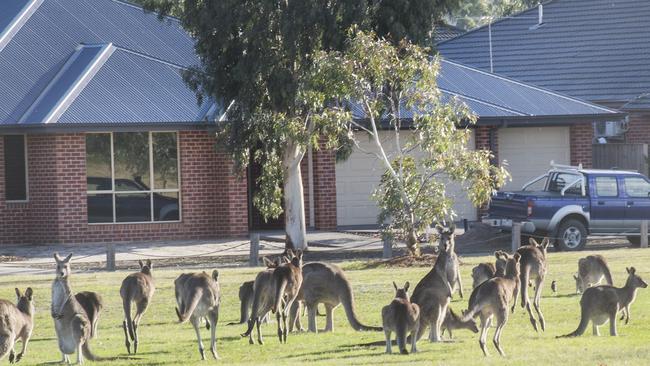
Snakes are also common in Mernda in the warmer months, with a tiger snake spotted eating goldfish from a pond near Mernda Village Shopping Centre in September.
Mark Pelley, known as The Snake Hunter, said Mernda and Doreen were very common places for venomous snakes.
“The area used to be farmland and there was an odd snake here and there native to the area,” he said.
“In the last 10 years we built up thousands of houses in Mernda and Doreen over the same territory.
“What that has done is create shelter, a source of food and a source of water for every single snake.
Mernda is also home to one of the best coffee shops in Melbourne.
The Split Bean Cafe in Mernda Village is a popular spot with local mums.
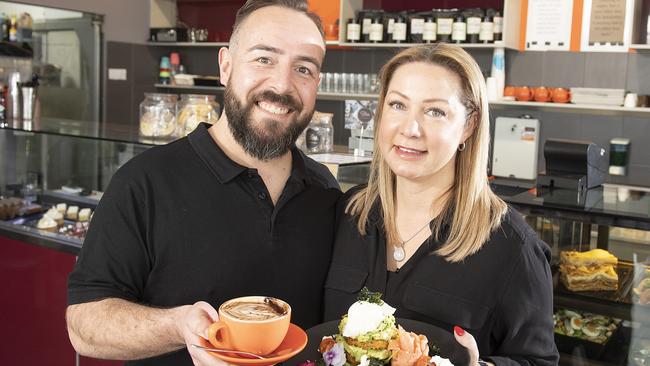
Owner Neil Gratton, who has run the cafe with wife Kristy for five years, says he loves Mernda’s community feel.
“A lot of the customers that come in, the majority of them come in every day, they drop their kids off at school and the mums all come in and have their little after school drop-off coffee,” Mr Gratton said.
The suburb is also home to the mighty Mernda Football & Netball Football Club.
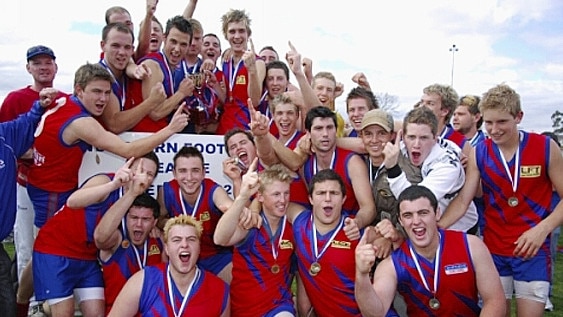
The club participates in the Northern Football Netball League.
MORE NEWS: THE HISTORY OF MELBOURNE’S POSTCODES
